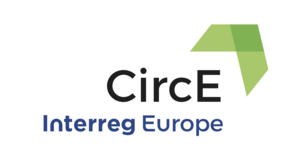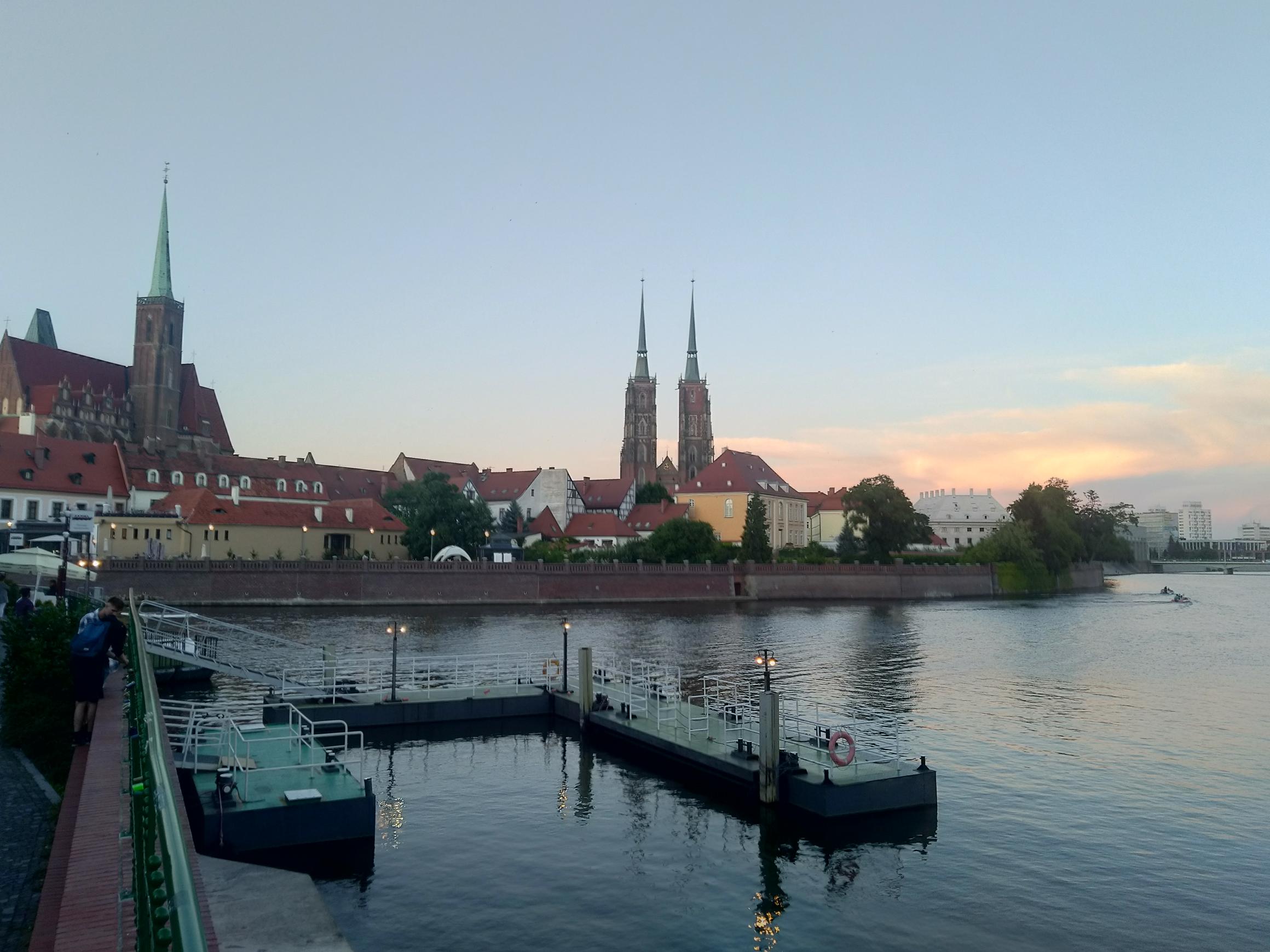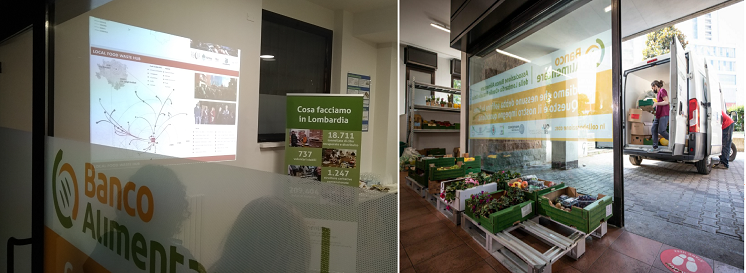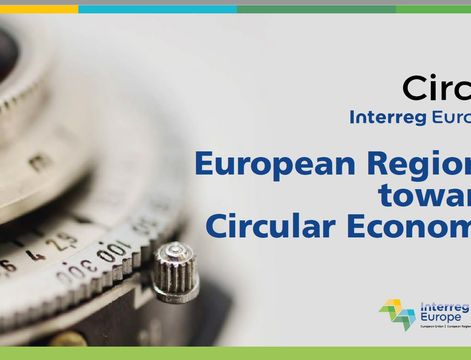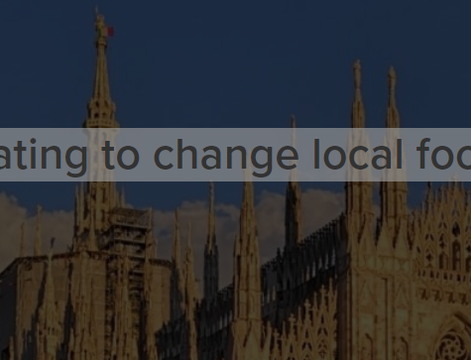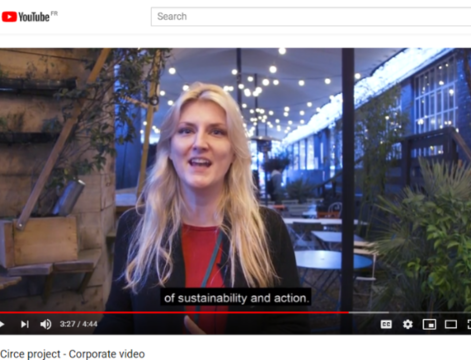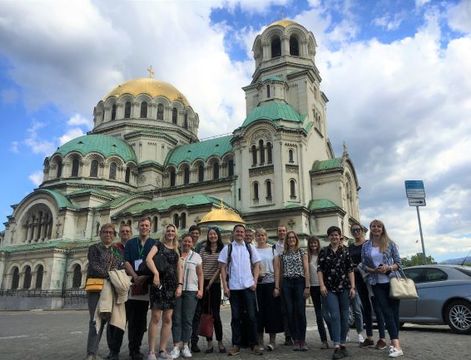Do you know that in Hauts-de-France, Life Cycle Management is a key element for circular economy ?
Unlike the current linear economy, (take - make - dispose), the Third Industrial Revolution developed in Hauts-de-France since 4 years, offers to move to a circular development model: waste are not thrown out anymore but converted into secondary raw materials to become resources for new products . The life cycles of products make serial runs, reducing pollution and creating new opportunities and even new jobs !
Jeremy Rifkin, economist and "founder" of the 3rd Industrial Revolution came himself to Lille in November 2017 to explain these approach to the numerous [avniR] congress participants !
The development of the Circular Economy must be based on an environmental assessment.
Whether for sustainable purchases, eco-design approaches or designing the implementing of Circular Economy, it is important to use objective environmental criteria that take into account all environmental impacts during the entire Life Cycle of the products.
Life Cycle Management is considered in Hauts-de-France as a real pillar for the spread out of Circular Economy in industrial sectors by giving a way of managing which gather 3 approaches to make it possible: 
1- Life Cycle Assessment (LCA) is a time tested assessment technique that evaluates environmental performance throughout the life cycle of a product or from performing a service.
2- Eco-design aims to improve the environmental performance of a product or service over its entire life cycle right from the design phase.
3- Communication informs consumers about the environmental impact of that product or service.
Life Cycle Management is a key tool to:
• Measure environmental impacts through Life Cycle Analysis,
• Improve the functioning and quality of products and services through ecodesign,
• Inform customers about the environmental impact of products or service through environmental labelling,
• Encourage sustainable production and consumption!
Sustainable purchasing, eco-design, environmental labeling ... these are the key elements of Life Cycle Management and the basis to move to a circular economy approach!
Now lets focus on some concret examples and good practices using Life Cycle Analyses or eco-design approach :
GECCO, looking for European partners
GECCO is a small company from the North of France. They specialized in the treatment of waste cooking oil from restaurants, households, etc. GECCO developped a new, bio-based technology to transform the waste cooking oil into bio-diesel. GECCO has a clear circular economy strategy and is now looking for new partners from Europe. GECCO is first of all interested in business cooperation, but they would also like to work on European projects with the new partners. Do not hesitate to forward this request to those who could be interested.
For further information about GECCO, please go to their website : www.gecco.fr
One of the key companies for circular economy in the Hauts-de-France region : NEO ECO
NEO ECO is an engineering company with 21 experts in waste management. They analyse waste streams, to show how waste can be reduced, reused or recycled. NEO ECO works for many small and larger companies in the Hauts-de-France region and beyond. So far, they have developed over 150 waste-based products for their clients. The innovative work of NEO ECO has been rewarded with 6 trophies and distinctions. If you want to know more about NEO ECO : https://www.neo-eco.fr
CYRILLUS, winner of Ecodesign Trophee in Hauts-de-France – Caterogy SMEs
CYRILLUS is a big textil compagny in France, based in hauts-de-France. The Cyrillus innovating collection consists of t-shirts, sweaters, totebags, hats and scarves for men, women and children and whose particularity lies in the fibers that make up the clothing and accessories, made from recycled textile fibers harvested in partnership with Le Relais. The collective goal of this company is to reach zero textile waste by June 2018 and to produce within 5 years, 20% of collections in eco-responsible ways.
Results:
- 74% reduction in acidification and eutrophication of water
- 45 to 55% reduction in air pollution, energy consumption and global warming
- Reduction of CO2 emissions by the change of thickness and material for the polybag
In order to reduce the resources and the impact on the environment, the products of this collection have the least possible label and no antitheft. If you want more info : www.cyrillus.fr or contact us !
>> For more information about LCA, contact the {avniR] by cd2e platform : [email protected]
>> You want to know more about The 3rd Industrial Revolution in Hauts-de-France ? Discover the video !
Picture: François Dassonville
